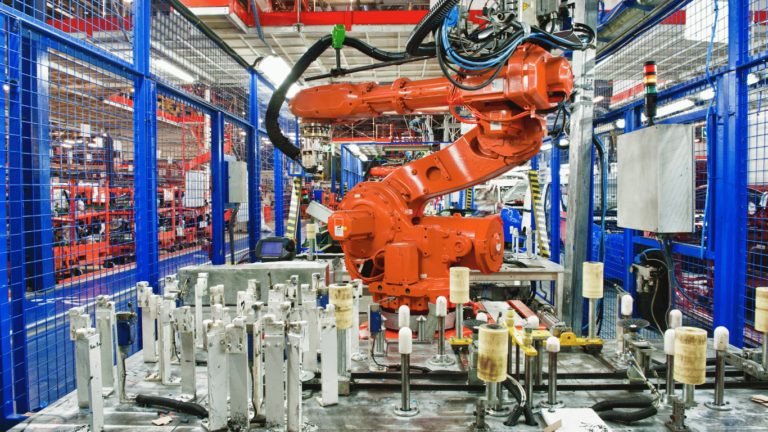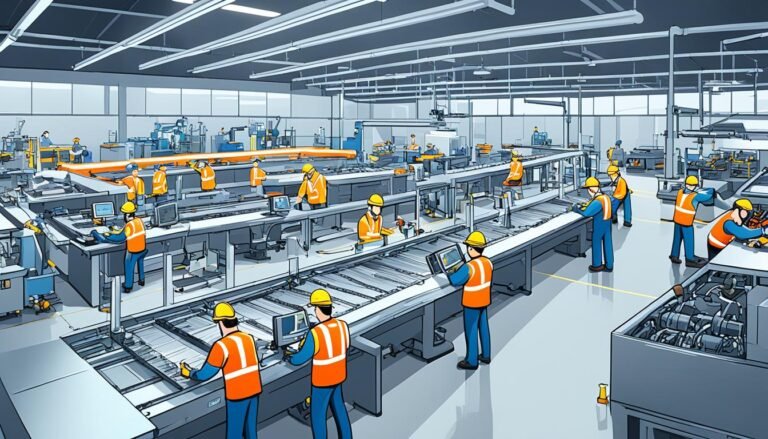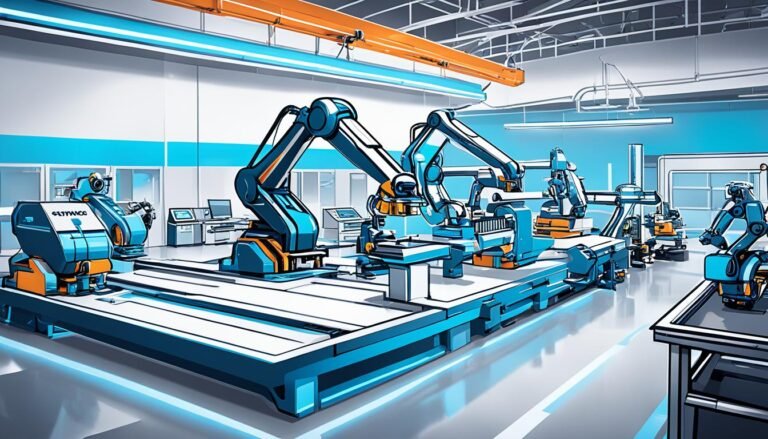What is Batch Manufacturing Record? Definition & Use
Did you know the U.S. Food and Drug Administration (FDA) needs detailed records for every batch of pharmaceuticals? This process is called a Batch Manufacturing Record (BMR). It’s not just paperwork; it’s key for keeping consumers safe and ensuring product quality.
The BMR tracks every step from raw materials to the final product. It includes important details and quality checks. This makes sure everything is done right.
Batch Manufacturing Records are vital in many fields like chemicals, pharmaceuticals, food, and personal care products. Using advanced ERP (Enterprise Resource Planning) software makes these records better. It makes documenting batches easier and more reliable.
A strong BMR helps follow rules and keeps product quality consistent. It’s a must-have for modern manufacturing.
Key Takeaways
- Batch Manufacturing Records (BMR) are key for safety and quality.
- The U.S. FDA requires BMRs for detailed batch documentation.
- Documentation covers raw materials, production steps, and quality checks.
- BMRs are crucial in sectors like pharmaceuticals, food, and personal care.
- ERP software with electronic BMRs boosts efficiency and reliability in documenting batches.
Introduction to Batch Manufacturing Records
Batch manufacturing records are like a blueprint for making each batch of products. They keep the quality and consistency of the products. They list every step from the start to the end of making the product.
These records are key for following the rules and making sure the products are safe and work well.
Definition and Importance
A batch manufacturing record, or BMR, is a detailed document for one batch of a product. It covers everything from the raw materials to the finished product. It’s very important because it helps make sure the production process is the same every time.
Having accurate batch production records is crucial. It helps manufacturers make products consistently and meet quality standards.
Role in Compliance and Quality Assurance
Batch records are very important for following the rules and ensuring quality. They are needed to meet the rules set by organizations like the FDA. They record every step of production, making sure each step follows safety rules.
By keeping detailed batch manufacturing records, companies can show they follow all safety standards. This keeps the product safe for consumers.
Components of a Batch Manufacturing Record
Knowing what goes into a Batch Manufacturing Record (BMR) is key for tracking batches and keeping quality high. Each part of the BMR tells the story of how the product was made.
Materials and Components Documentation
The BMR starts by listing all materials and parts used in making the product. It includes a detailed Bill of Materials (BOM) with ingredients, their amounts, and how to handle them. This way, every item used is tracked and recorded from the start.
Steps and Procedures Recorded
Next, the BMR logs the steps and procedures of making the product. It covers every stage, from setting up to finishing, with dates, times, and who did it. Any changes from the usual way are noted too. These records help make sure the process can be repeated exactly.
Quality Control and Safety Information
Quality control and safety are also key parts of the BMR. They make sure all quality checks are done and any problems are fixed right away. This includes records of maintenance, test results, and safety checks. Keeping detailed records like these helps follow the law and keeps products safe for customers.
What is Batch Manufacturing Record?
A Batch Manufacturing Record (BMR) is key to proving the quality and integrity of the manufacturing process. It shows that all steps are followed as required by laws. This document keeps track of the time and people involved in making each product.
Overview of BMR
The BMR details everything about the production of a batch. It lists the materials and how much was used, the steps taken, and any changes from the usual process. It tracks every decision and result, making sure we can trace each part of the batch.
A BMR also makes sure that quality and safety rules are followed. It helps make sure every batch is up to standard. By recording all the details, it helps improve and keep track of how things are made.
Benefits of Using ERP Software for BMR
ERP software for Batch Manufacturing Records offers many benefits. These include making production faster, getting departments ready together, and improving accuracy in following rules.
Streamlining Production Workflow
ERP software helps companies work better by planning materials ahead. This means production runs smoothly, batch records are kept right, and it uses resources well. It cuts down on waiting time and makes the most of what’s available.
Data Integration Across Departments
ERP software makes sure all departments have the same, correct data. This cuts out the need for manual data entry, making things more efficient and less prone to mistakes. With real-time updates, everyone can make better decisions quickly.
Improved Compliance and Accuracy
ERP systems with BMR help follow rules automatically, keeping data safe. They make detailed reports easy, protecting companies from fines. These systems are strong, ensuring they meet standards and keep customers trusting them.
| Benefits | Description |
|---|---|
| Streamlined Workflow | Pre-planned materials and optimized resource usage |
| Data Integration | Synchronous, accurate data across departments |
| Compliance and Accuracy | Automatic regulatory compliance and detailed reporting |
Choosing the Right BMR Software
When picking the right Batch Manufacturing Record software, it’s key to look at what it can do for chemical and process manufacturing. Not every system can handle the complex recipes and growth needs of these fields.
Important things to think about when choosing BMR software are how it deals with by-products and works with equipment for real-time data. It should also make it easy to improve production traceability. The software must understand industry rules and needs to stay compliant.
Look for vendors with a strong history in your industry. They should offer loss factor calculations and strong compliance tools. A good BMR software will make manufacturing batch documentation easier and improve your operations.
Here’s a guide to help you decide:
| Feature | Description |
|---|---|
| By-Product Management | Ability to track and document by-products efficiently. |
| Real-Time Data Integration | Seamless integration with equipment for live data capture. |
| Production Traceability | Improves traceability from raw materials to finished goods. |
| Regulatory Compliance | Ensures adherence to industry regulations and requirements. |
| Proven Track Record | Vendor expertise within specific manufacturing sectors. |
| Loss Factor Calculations | Robust functionality for accurate loss factor computations. |
By looking at these points, manufacturers can pick the best BMR software for their needs and follow the rules. This careful choice helps with better and more compliant batch documentation.
Conclusion
Managing Batch Manufacturing Records (BMR) is key for any company that values quality, follows rules, and works efficiently. Knowing what a BMR is and its importance helps companies improve their production. It also helps them use new technologies to make things better.
Using special ERP software for BMRs brings big benefits. These systems make production smoother, keep data together, and help with following rules and being accurate. This makes keeping track of manufacturing batches easier and better. It’s important for keeping high standards and doing well in business.
Advanced BMR software is crucial as rules change and we want more openness. It helps companies keep detailed records, which is vital for making safe products and keeping customers happy.
In the end, choosing the right technology for managing BMRs is more than just following rules. It helps companies make better products and keep growing. With the right tools, they can make sure their batch tracking is both good and reliable. This builds trust with customers in a tough market.







